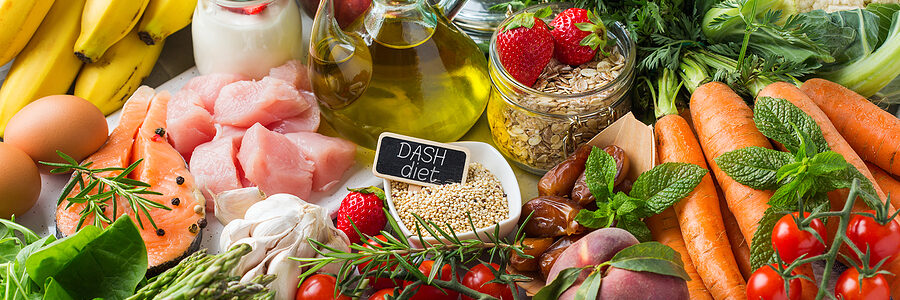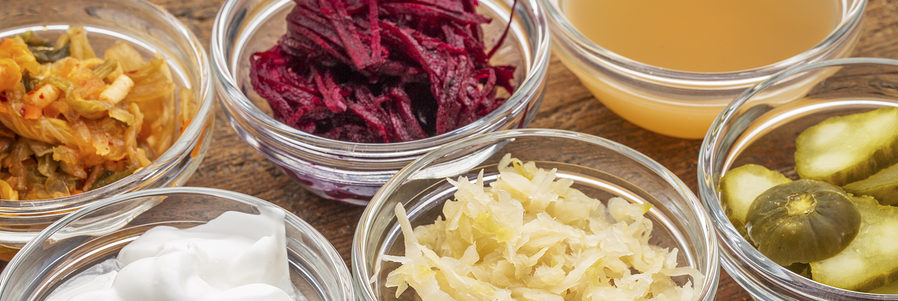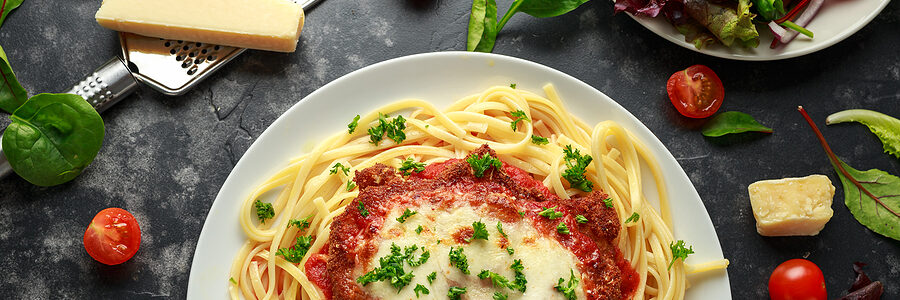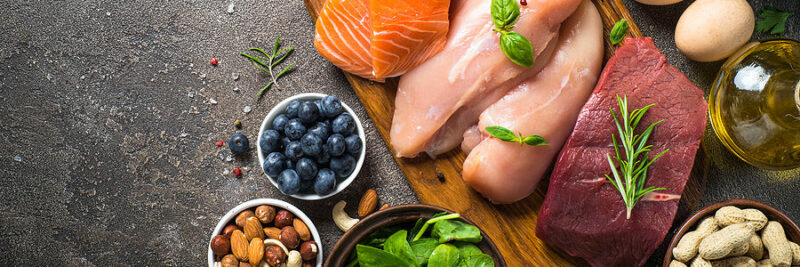
Lower Pressure Blog
Tips, tricks and news about hypertension, stress and sleep

Discover the Power of Vitamin K-2 for a Healthy Heart
When it comes to maintaining a healthy heart, many of us are familiar with the importance of vitamins like C and D, but there’s another crucial nutrient that’s often overlooked: Vitamin K-2. This lesser-known vitamin plays a vital role in cardiovascular health by helping to prevent the hardening of arteries and reducing the risk of …
Continue reading “Discover the Power of Vitamin K-2 for a Healthy Heart”
Popular Posts

 Eli Ben-Yehuda
Eli Ben-Yehuda 










